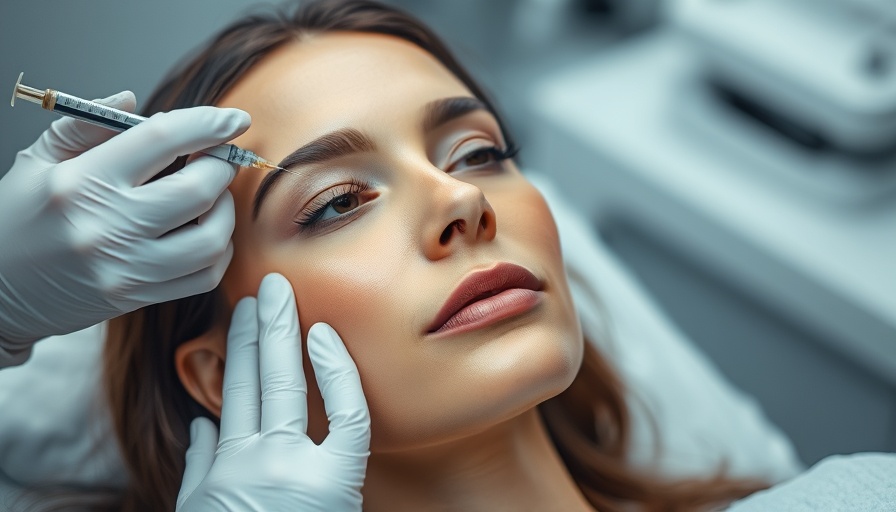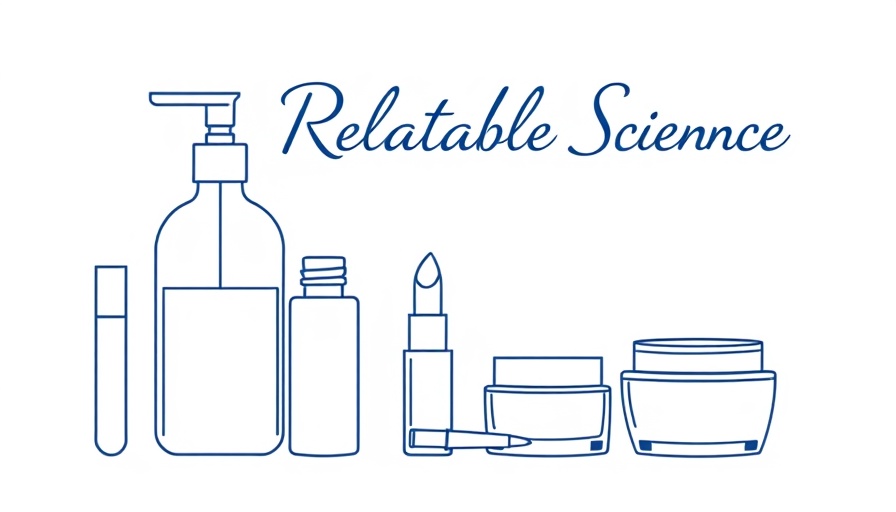
Is There an Alternative to Botox for Youthful Skin?
Many are faced with the question of whether Botox is still the go-to treatment for wrinkles or if newer, more effective options exist. Since its introduction, BotoxⓇ has been the leader in wrinkle reduction. However, the beauty industry never sleeps, and there are several up-and-coming neuromodulators that are making waves and promising even better results.
Discovering the New Kids on the Block: Letybo and TrenibotE
Enter LetyboⓇ and TrenibotEⓇ, the latest innovations in the neurotoxin arena. Designed to provide similar or improved results over traditional Botox, these new contenders are quickly gaining attention. LetyboⓇ, approved by the FDA in 2024, boasts a swift onset, similar duration to Botox, and aims to make each anti-aging season a breeze for those looking for a fresher look.
TrenibotEⓇ, currently under review by the FDA, is creating buzz not only for its rapid-action formula but also for its unique formulation as a Type E botulinum toxin. This advancement could mean a significant reduction in both treatment time and recovery when compared to its current predecessors.
Modern Beauty Needs: The Growing Demand for Effective Solutions
Millennial and Gen Z consumers are setting new demands in the beauty industry, prioritizing effectiveness, speed, and minimal side effects. According to recent surveys, younger individuals are willing to pay top dollar for treatments that offer faster results and fewer visits. With thriving interest in skincare, brands must adapt quickly to meet these desires, and Letybo and TrenibotE seem poised to do just that.
The Emotional Connection to Skincare: More than Just Looks
The reliance on neurotoxins is not merely a quest for beauty; it's intertwined with self-esteem and mental well-being. Many individuals report improved confidence and reduced anxiety following aesthetic procedures. Research shows that enhancing one’s appearance can lead to positive changes in mental health, reinforcing the importance of understanding and embracing new and improved treatment options.
How to Choose the Right Neurotoxin for You
With all the excitement surrounding newer treatments, the decision-making process may feel overwhelming. It’s essential to consult with a professional who can assess your skin’s unique needs and recommend the most suitable option. New treatments like TrenibotE are on the horizon, but they also require thorough assessments before committing.
Alternatively, individuals already accustomed to Botox may find Letybo a seamless transition, offering comparable results with the promise of a more comfortable experience.
Future Trends in Skincare: What Lies Ahead?
As the skincare landscape continues to evolve, consumers should keep an eye on emerging trends. Continued research into newer formulations, sustainability in production, and the blending of technology with skincare treatments hint at a future that may be brighter—and more beautiful—than ever. Expect more options aimed not just at wrinkle reduction but also at enhancing overall skin health.
Concluding Thoughts: The Evolving Beauty Landscape
The beauty industry is in a state of exciting transformation, pushing the limits of traditional treatments like Botox. As innovations emerge, the conversation surrounding skincare is evolving into one of accessibility and individual empowerment.
What will your next step be in your skincare journey? Explore these innovative treatments and discover which option aligns with your personal beauty goals.
 Add Row
Add Row  Add
Add 




Write A Comment